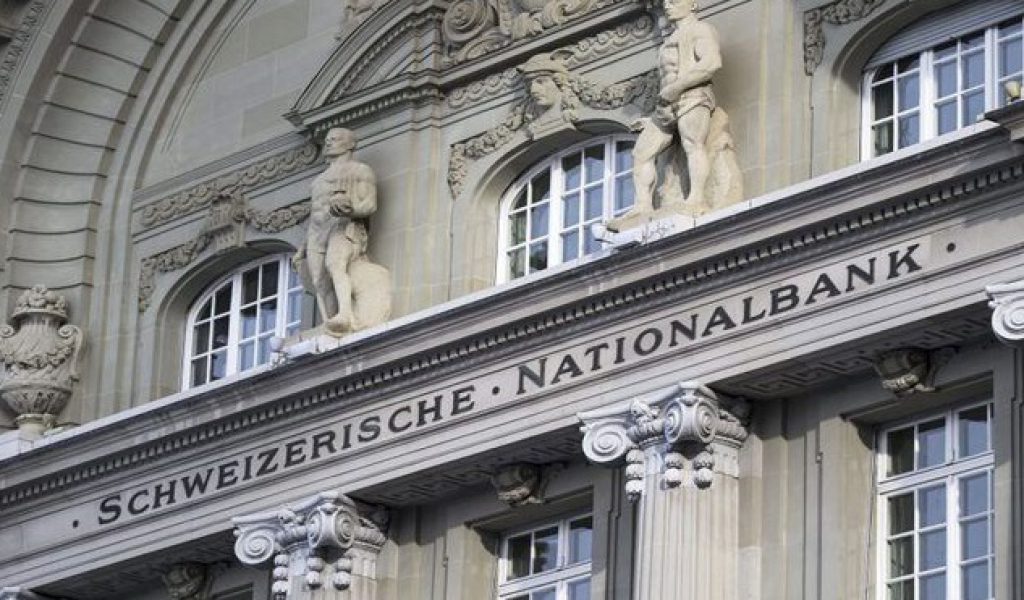Swiss "made" learned to live together with strong franc
The recent appreciation of the Swiss franc has sent shockwaves through Swiss firms, resulting in job losses and lower research budgets. But viewed long-term, Switzerland’s export-driven economy has adapted remarkably well to a strong currency, according to a government report published on Tuesday.
This is the overall conclusion of five studies, commissioned by the State Secretariat for Economic Affairs (Seco), released on Tuesday. They examined the aftermath of the so-called Swiss franc shock, which was triggered when the Swiss National Bank (SNB) ended its longstanding ceiling of CHF1.20 to the euro almost three years ago. That move suddenly made Swiss exports 10% more expensive and cut Swiss economic growth to 0.6% in 2015 from 1.8% a year earlier.









